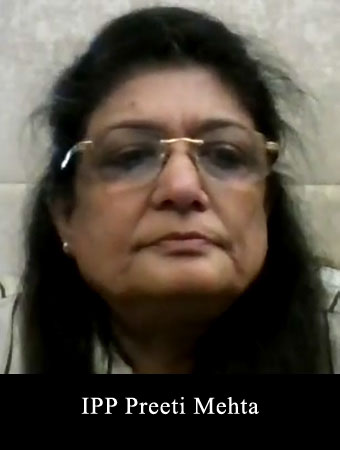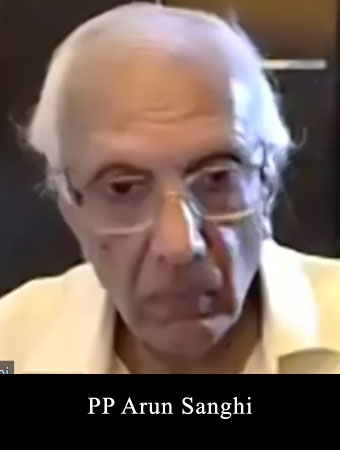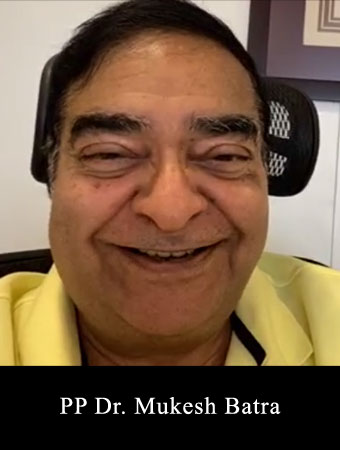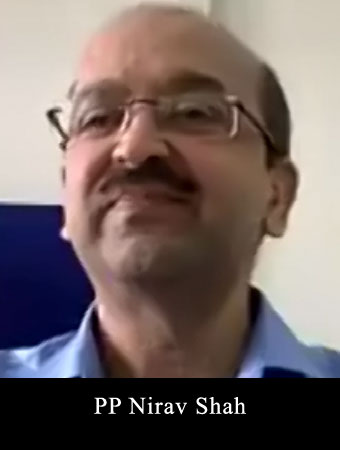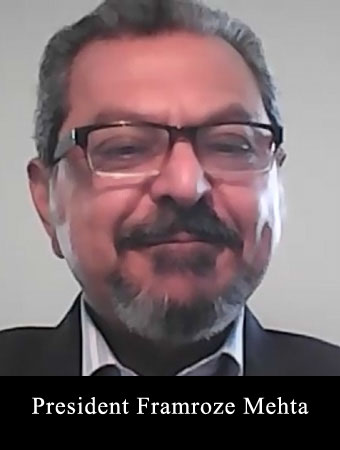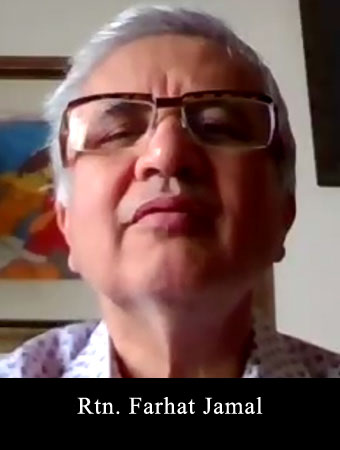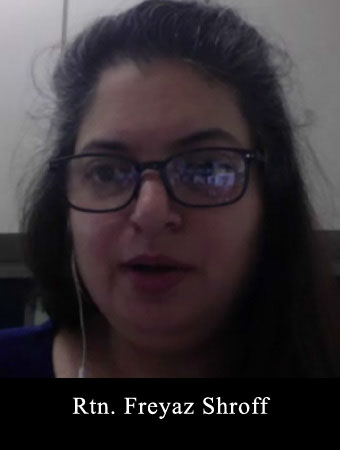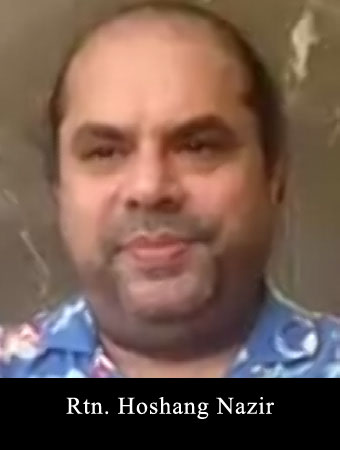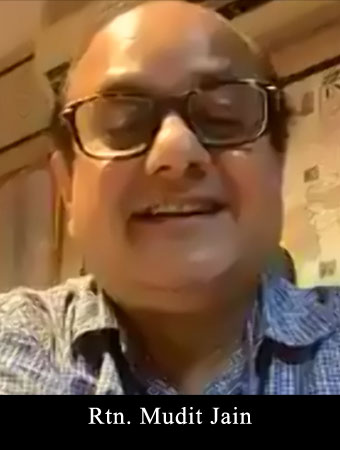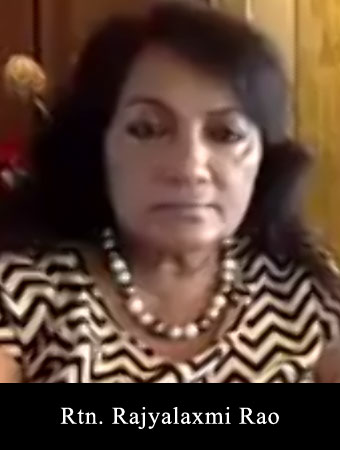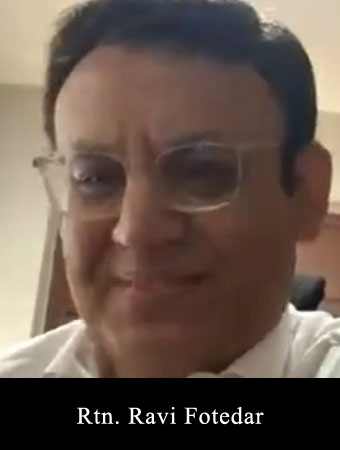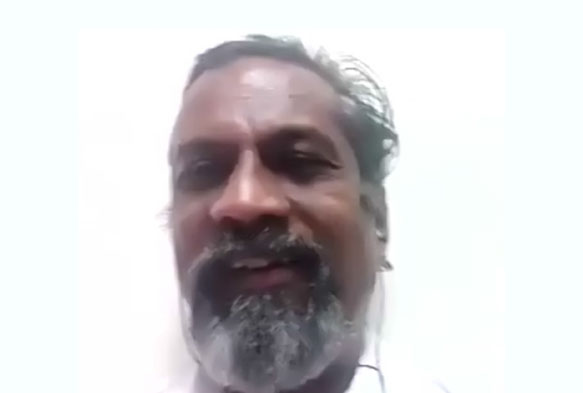
Sridhar Vembu, Chairman, Zoho Corp, On His Drive For Rural India
I moved to Chennai about a year and two months ago before the pandemic, from the San Francisco Bay area. I had always been interested in rural living, so, I bought myself a ranch and lived there surrounded by cattle ranch – that was my life in US for last 10-12 years. So, moving back to an Indian village was not as dramatic a move as you would think. In terms of space and being left alone, there is a lot in common. I spent a lot of time in solitude, thinking about software and technology and all of that. So, I connected back only in the economy, I disconnected a lot of time. In our business it is important to be creative and competent with software. So, that is what
my life is.
What I have been doing in the pandemic? As I came here, I saw that urban areas around the globe that includes Chennai and Mumbai as well, they are economically unviable places. Look at the real estate crisis, these are astronomical in every urban sector in the world. What does it mean on any tax or any other economic activity? Start with software development, and you want to pay real estate tax, that makes a lot of activities burdened with extra cost which just makes them less viable. So, your project hurdle will be higher because you will have to pay real estate cost. And this I particularly noted in the San Francisco Bay area, there has been exodus of companies out of the Bay area last year but we had our exodus in Zoho Corp about 7-8 years ago when we moved to Austin, Texas which is lately in the news because a lot of companies are doing that, Drop Box, Elon Musk’s company has moved itself to Texas but we actually now have a huge campus in Austin, Texas. We got ourselves land in the exteriors, it was so cheap that, for example, often prices in rural India are higher than in Texas – that is how dramatic differences can be in some lesser-known places in US.
So, Austin is a major city and still land and housing is cheap, hence our employees can leave there, then why waste our time and money on expensive area, that was the simple thought process. And say, about 10 years back even in India these ideas were coming into place. Chennai was becoming more expensive and we are bringing in people from rural India and Chennai still and I found that it is both economically bad and of course all the urban problems, Chennai ran out of water about year and a half ago we are not going to be able to solve these problems in Indian political context because elections are not all over. So, telling the government to take actions is not going to help, we have to take it in our hands and think of an alternative solution which involves moving to smaller towns.
We had one of our offices in Tenkasi (Southern Kasi), so, there is a village of Kashivishwanath there. In such a remote place, there is homage paid to our Kasi temple and that is the place we founded our company. It is a very small village, probably won’t even make to the 2nd tier, it will make it to the 4th tier in the Indian context. There are only about 70,000 people. We set up our office there and, in the last nine years, we have grown to about 500 people. So, we have performed and our world class product is built there and competes with software in San Francisco. We have built it so well that we have gained. Most of our engineers came from our 50-100 km radius, places like Madurai and Kuttupadi, it is quite a rural place devoid of much industry but they have colleges and hard-working people and that is where we found our software engineers and they built the software that is world class.
We can do a lot more there. My objective a year and a half ago was to move the head quarters and steadily build the company there. Then, of course, the pandemic hit and I changed plans ; I decided I would not build a big setup in Tenkasi but spread in lots of centres that we already have and now we have actually 12 centres in various parts of the Rural South across Tamil Nadu, Kerala and Andhra. We haven’t touched Karnataka but we are planning to open a centre near Patna based on requests from our engineers in Bihar who worked in Chennai and went back to Bihar.
So, we have about 15-20 engineers who are going to work near Patna. This is what we have been doing in the last six months. The geographic architecture of the company has been changing dramatically in the last six years. Fifty per cent of our staff have left Chennai and most of them are not likely to come back. We are opening offices all over the country to accommodate them. In the next few years, you will see us make a big splash in the market. All this was built in the pandemic, during the pandemic, and now tools are getting better. I am able to get my work done, I have meetings with analysts in San Francisco and New York from my place in this village. I have been able to do all this. The cost of living is dramatically lower, you cannot even compare. Even compared to Chennai, it is 80 per cent cheaper. The pay cheque we provide to our employees goes directly into their well-being and real estate. So, that is the proximate economic reason.
The deeper reasons are social where I felt that luring talent back into small towns and villages will have an impact on the rest of the village, its knowledge skills and aspirations. That is important because one of the things lacking here is a guide post to what they can do in life. The kids are smart but they haven’t actually met anybody successful. I know this because in my time I didn’t know anybody, an engineer or anybody so, if I had any questions about science, I wouldn’t know who to ask. That is what I grew in.
So, in rural areas, you get trapped. Solutions traditionally are less urbanised, we have to develop alternative solutions and luring talent back to smaller towns and villages is very much part of my plan. So, about 50 per cent of my people are moving back to their hometowns. One of the things I did was to start to tutor kids in the village because I know nobody is going to the villages, Zoom is not available for some or the other reason. There are no online classes, there are no classes at all. I noticed kids roaming the streets and invited some to be taught by me. That is how the adventure began: 5 kids became 10-20-40 and nobody was wearing a mask. I was a little bit scared but I went with the flow. Then I realised that I am not as good as a teacher, I was not able to control the class, so I hired a local teacher which went on to become a school with about 140 kids now. All the kids decided to drop out from the local normal school because we are helping them learn so much faster. We have been able to save 5-10 kids who were already drop-outs and now they are learning really learning well.
What after these kids graduate from the school? So, now I have started manufacturing. I found a businessman in Tripur who is going to come and set up a local industry. We have these contacts because there is that flow happening. The cost of labour is cheaper, those connections are happening. I joked that I have become a one-man-Chamber of Commerce of local villages. I am generating business down. People are coming to try to settle something. This is a whole list of activities going on. I am committed to setting up a software development centre in the village simply because I am there with my engineers. Personally, my health has become good, I am happier than I’ve ever been. I am not worried about who wants what and what, the villagers don’t care anyway, it is a different lifestyle and I am loving it.
I am committed to the school. We have similar school designs in three-four more places.
I have designed it with CSR efforts, we are going to spend about Rs 30-40 crore per year in school initiatives for the next three to five years plan. Our goal is 10,000 students. The needs are enormous because rural kids don’t have education at all even at this age. It is sad to see alcoholism in parents, kids facing problems due to that, so, those are the issues handled on the daily basis. Hopefully, this will catch on.
I believe elite citizens should play a more vital role in rural development. If you can do this, then it turns for us a return on investment and talent created as well as the spiritual returns are enormous. That is what I am looking for in the village. A lot of these efforts are still in the drawing board stages but now that we have identified the locations, we know what we want to build, so, that will happen in next two years.
Can you tell us about your spiritual economics and cardinal principles of balanced symmetry and harmony?
I actually explained the economic problem facing the village and, to a larger extent, if you draw a municipal boundary around the village, you look at what is going on in terms of materialism, what is coming in: all agricultural commodities are going out; what is coming in: motor cycles, mobiles, cars and then they consume medical services in the town. So, all these advanced technologies are coming in, what is going out is agricultural produce. There is an intrinsic lack of balance in the local market. You are selling much lower value compared to the value you are buying. The Indian lack of balance is resolved by the migration of labour. From this tiny village, there are 20 people working in Mumbai, another 5-10 in Bangalore, so, you get the idea. Right now, my cook does not know English but he knows Hindi. When I asked him how, he said he was in Mumbai for five years as a migrant worker. So, that is an example of how migrant labourer is generated. They are also pledging or selling their land which causes an increase in landless labourers. I met a kid in the school, who told me that this part of the land belonged to his grandfather. I asked what happened to the grand-father ansd the kid answered that he had to sell off because he had to spend on hospital treatment. As a result, they now don’t own any land.
I hear these stories where the villagers have lost their land to fund their lifestyle and this is our rural crisis. Our imbalance in consumption, which makes us want more advanced goods than what we sell. We send the labour abroad but do not develop the technology here because we need smartphones but we don’t have the know-how or technology. Even if we achieve balance in all this, there is lack of symmetry, the kind of technology we buy has to match the kind of technology that we supply. Finally, harmony is an internal thing. There is lack of harmony, internal imbalance, there are caste issues. It is spiritual in the sense that there has to be harmony and symmetry.
The model that you have developed is excellent to scale it you need more Sridhars. So, how do you create that? Secondly, it is great to move back to the hometown but how do people who have people adjust back after tasting urbanism?
Just today, I recruited young scientists from a major Chennai lab. They are both in their late ’20s with a high level of qualification. They want to help in rural development which means I am attracting talent. In another village, I have someone who came after being in Silicon Valley for 20 years. These things are happening because they are motivated. Once, I said in a speech, that the solution to your mid-life crisis may be in an Indian village. And, about the facilities, at least in the south, there is a hospital and CBSE school within a 10 km-radius. It is interesting to see that a lot of political money is invested in schools and colleges in Tamil Nadu. Schools are safe investment and respectable, too. So, there are better quality schools. Certainly, the rural poor kids cannot use them because of the fees but the middle class do utilise them. So, it is not as backward as you might think. There is also the Central Government’s programme of rural roads, under which roads are being made. There are gas stoves, tiles everywhere. We need jobs, talent has to go there and reach places.
People still talk about India not being a significant place for business, can you tell us how you convinced your board members?
Fortunately, I am the founder, and my family holds close to 90 per cent of the company (me, my siblings and all that). So, there is no board in that sense. My other founder in the Silicon Valley is Keralite, he has been very supportive and is almost like an elder brother. So, it is not a problem, externally, our customer base is largely from abroad. The person abroad does not really care where the company is, as long as we are able to provide the service, that is what that matters. That is a positive aspect of globalisation. Business has been good.
How do you evaluate the kids in schools? Do you charge fees? This is a great example for education for employability.
We don’t charge fees, we give them a stipend, we reverse the flow, partly, because most cannot afford spare money for studying. We find them in municipality schools. We talk to the authorities that if they have any students who can be benefitted in any way from our school, refer them. We conduct simple aptitude tests; we check their background and we take them. We admitted 220 students this year and avoid the bane of education which is too much focus on theory. We hire experts for practical knowledge, all hands-on experience. When they reach a certain level of familiarity, they expose the students to theory, not until then. Then, naturally, the kids become curious and that is how we do it.

